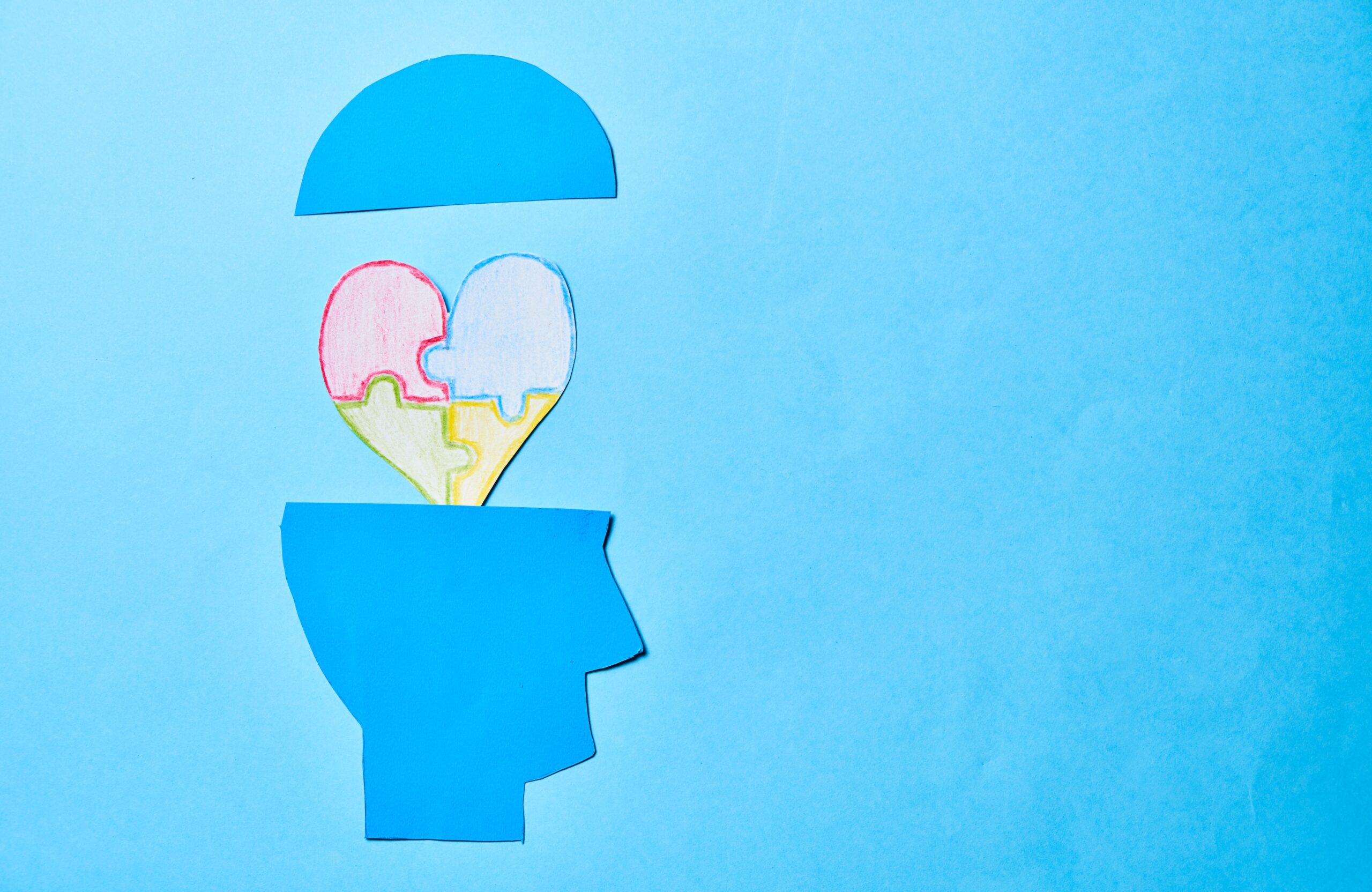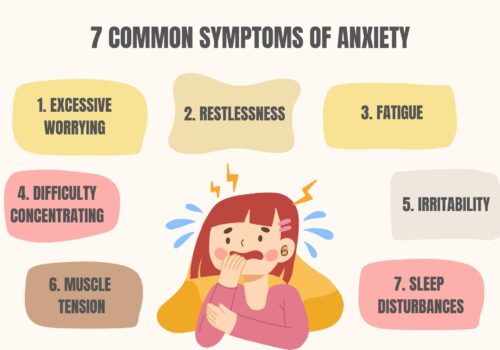Cognitive Behavioral Therapy is a valuable psychotherapeutic technique for bipolar disorder. Not only does it help people manage their condition, it helps them maintain cognitive stability and lead fulfilling lives. Bipolar disorder is a chronic mental health condition that can take a toll on mental health, It is accompanied by extreme mood swings and energy shifts that impact a person’s quality of life. Besides medication, treatment plan that includes CBT can do much to induce positive behavior and improve mental stability.
What is Bipolar Disorder?
Bipolar Disorder is a complex mental health condition characterized by extreme mood swings, ranging from manic highs to depressive lows. In bipolar disorder, it can be a challenging task to remain mentally stable. Without help, it is almost impossible for an individual to improve their mental health alone. Cognitive Behavioral Therapy has emerged as one of the best types of psychotherapy to treat bipolar disorder through:
- Providing relief from the depressive symptoms of bipolar disorder through intervention therapy in depressive, irritable, and mood change episodes
- Identifying and addressing guilty feelings, negative thoughts, and beliefs that trigger manic episodes
- Considering medication
- Identifying the early signs, triggers, and ways of prevention
- Addressing feelings of loss of family relationships or friends
- Creating awareness of one’s moods, physical sensations, feelings, emotions, and various indicators of manic episodes
Understanding Bipolar Disorder
There are three types of bipolar disorder, all of which include changes in mood, energy, and activity. Bipolar moods range from extreme irritability to periods of depression and hopelessness. Less mild forms of manic periods are known as hypomanic episodes.
- Bipolar I Disorder: A severe form of bipolar disorder characterized by at least one manic episode, possibly preceded, or followed by a depressive episode. In type 1 bipolar disorder, manic episodes and depression can be severe to the point of impairing a person’s function and quality of life. Sometimes, depression and mania can occur at the same time, which calls for immediate psychiatric intervention.
- Bipolar II Disorder: This includes both depressive and hypomanic episodes, which aren’t as severe as bipolar I disorder. People with Bipolar II Disorder may not always recognize their hypomanic episodes as problematic, which can sometimes lead to a delayed diagnosis.
- Cyclothymic Disorder (Cyclothymia): A milder but rare form of bipolar disorder that involves cyclical mood changes but does not meet the criteria for manic or depressive episodes. Instead, individuals with Cyclothymic Disorder experience numerous periods of emotional ups and downs, but in between will be fine.
What is Cognitive Behavioral Therapy?
Cognitive Behavioral Therapy (CBT) is a well-established method of psychotherapy that focuses on the relationship between thoughts, feelings, and behaviors. It helps one identify negative thinking and focus on the current problem rather than investigate problems in childhood or earlier life. CBT seeks to improve a person’s mental well-being through management and healthy coping skills.
CBT for bipolar disorder attempts to replace the negative and unhealthy aspects of one’s thoughts and perception with more productive, useful, and positive ones. The idea is to help a person understand how they can change their behavior and exert more control over their life rather than allow their condition to control them. CBT is backed by extensive research and can help people with bipolar disorder improve depression, reduce mania, decrease relapse rate, and improve psychosocial functioning. It also teaches people how to manage self-conflict, stress reduction, and why sleep is vital to reduce the symptoms of bipolar disorder.

Best CBT Techniques for Bipolar Disorder
While there are several ways CBT can be applied to bipolar disorder, these are the best techniques that help a person deal with the condition more effectively.
Psychoeducation
Psychoeducation helps individuals understand the nature of their condition, including the cycling between manic and depressive episodes. Understanding and identifying their triggers can help bipolar patients manage their condition better. Psychoeducation is crucial to bipolar disorder self-management.
Self-talk Monitoring
In bipolar disorder, it is one’s internal thought process that influences behavior. Common thought processes include all-or-nothing thinking, overgeneralization, and catastrophizing. CBT teaches you how to monitor how you think of yourself and ways to change and improve your thought process for more self-assurance and self-esteem.
Mood Tracking
Keeping a mood journal is a valuable tool in CBT for Bipolar Disorder. Individuals are encouraged to track their moods, daily activities, and any triggers or stressors to identify patterns and act accordingly.
Cognitive Restructuring
Cognitive restructuring helps you identify negative thought patterns and reframe them into more effective and positive ones. Reframing means a thought process less likely to trigger emotions and see things more clearly for productive behavior.
Problem-Solving
Problem-solving therapy helps people manage difficult life situations. It is a cognitive-behavioral intervention with the underlying assumption that psychopathology symptoms are frequently seen as the unfavorable effects of inadequate or inappropriate coping.
Developing Coping Strategies
CBT equips individuals with several coping strategies to manage mood swings. These may include relaxation techniques, mindfulness, and stress management skills to change perception for more positivity and well-being. Learning to recognize and address early signs of mood shifts can help prevent full-blown episodes.
Common Coping Strategies for Stress and Anxiety in Cbt Include:
- Mindfulness
- Diaphragmatic (Deep) Breathing
- Progressive Muscle Relaxation
- Behavioral Activation
- Questioning the Thought
- Strengthen Body and Brain Through Diet
- Visualization
- Distraction
Goal Setting
Setting realistic and achievable goals is a crucial aspect of CBT. It helps you break down larger goals into smaller, manageable steps, where you can regain a sense of control and accomplishment. Goal setting can be particularly helpful during episodes of anxiety and depression.
Social Rhythm Therapy
Maintaining stable daily routines is essential for individuals with bipolar disorder. CBT often incorporates Social Rhythm Therapy, which emphasizes regular sleep patterns, meal times, and exercise routines to help stabilize mood.
Relapse Prevention
CBT doesn’t just focus on managing current symptoms but emphasizes relapse prevention. By identifying potential triggers and early signs of mood swings, individuals can take proactive steps to prevent relapse or neutralize its impact.
Medication
Medication is not usually a part of cognitive behavioral therapy, but in severe cases CBT combined with medication can prove most effective in treating bipolar disorder. It is the psychotherapist or psychiatrist who will assess and evaluate if medication is needed.
Conclusion
Cognitive Behavioral Therapy (CBT) offers people who have bipolar disorder a ray of hope in their quest for stability and mental well-being. CBT can include both individual and group therapy; it can also be combined with other therapy strategies such as mindfulness-based cognitive strategy (MBCT) or integrated group therapy (IGT) when the condition involves substance abuse as well. By addressing cognitive distortions, teaching coping strategies for anxiety, and emphasizing self-awareness, CBT for bipolar disorder can be a valuable companion for stability, improved quality of life, effective management, and mental well-being.















